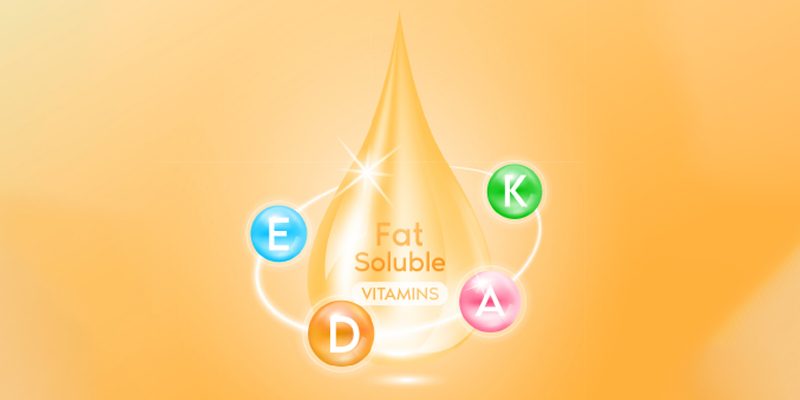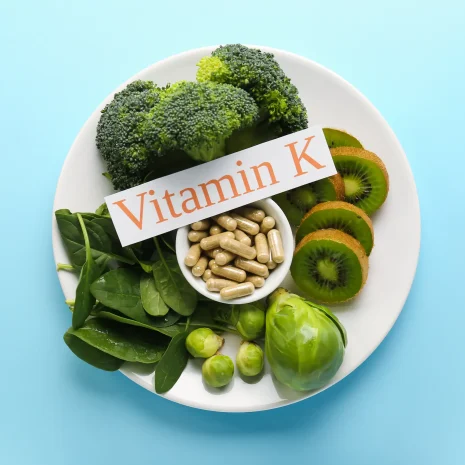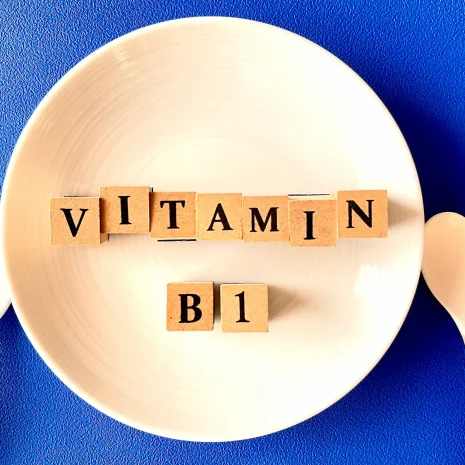What are fat-soluble vitamins? : Essential Nutrients for Health
Fat-soluble vitamins are a group of essential vitamins that dissolve in fats and oils. They can be stored in the body’s fatty tissues and liver, allowing for a reservoir of these nutrients for future use. The four primary fat-soluble vitamins are A, D, E and K.
How do fat-soluble vitamins work?
Unlike water-soluble vitamins, which need to be consumed regularly, fat-soluble vitamins do not need to be ingested daily, though maintaining a balanced diet is important to avoid deficiencies. Understanding how these vitamins work and their roles in the body is crucial for optimal health.
The Role of Fat-Soluble Vitamins in the Body
Fat-soluble vitamins are essential for numerous bodily functions, including:
- Vitamin A: Important for vision, immune function and skin health. It helps maintain the integrity of epithelial tissues and supports reproductive health.
- Vitamin D: Crucial for calcium absorption and bone health. It also plays a role in immune function and cell growth.
- Vitamin E: Acts primarily as an antioxidant, protecting cells from oxidative damage and contributing to skin and eye health.
- Vitamin K: Essential for blood clotting and bone metabolism, ensuring that calcium is properly utilised in the body.
Each of these vitamins serves unique and vital roles, emphasising the importance of including sources of fat-soluble vitamins in your diet.
While multivitamins can offer valuable support for overall health, it is essential to recognize that a balanced diet should remain the cornerstone of nutritional well-being. Multivitamins are intended to be a complementary measure and should not be considered a substitute for a diverse and nutritious food intake.
Note: It is strongly advised that individuals consult a healthcare professional prior to initiating any supplement, particularly if they have existing health conditions, are taking prescribed medications, or are pregnant.








